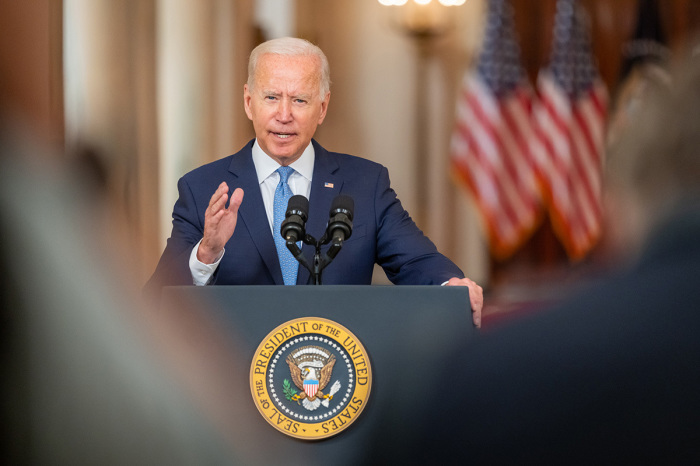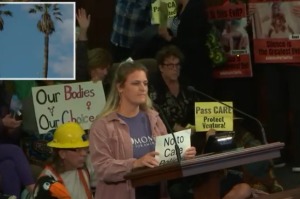Solomon versus Build Back Better

Since Solomon was a king, and had considerable power while he reigned, one would expect Proverbs to be filled with advice on how kings can make life easier for the poor. There are some hints that a king could help the poor simply by enforcing justice. Thus: “The fallow ground of the poor would yield much food, but it is swept away through injustice” (Proverbs 13:23 ESV). And there are a few statements that talk about a ruler’s responsibilities: “A righteous man knows the rights of the poor; a wicked man does not understand such knowledge” (29:7). Or: “If a king faithfully judges the poor, his throne will be established forever” (29:14).
But Proverbs comes from a different thought world than modern discussions of poverty in society. A recent CNN headline about the stalled Build Back Better plan ran as follows: “Democrats face mounting obstacles to finishing social safety net bill before Christmas -- and it's not just Manchin.” Looking at that term, “social safety net,” it seems to assume that the major responsibility in society towards the poor is to weave together a tax and spend policies that will “take care of” the poor.
Proverbs, on the other hand, seems to see treating the poor correctly as a matter of individual moral behavior. So we get commands and warning to everyone with means about how each one of them is supposed to act:
- “Whoever despises his neighbor is a sinner, but blessed is he who is generous to the poor” (Proverbs 14:21 ESV).
- “Whoever oppresses a poor man insults his Maker, but he who is generous to the needy honors him” (14:31).
- “It is better to be of a lowly spirit with the poor than to divide the spoil with the proud” (16:19).
- “Whoever mocks the poor insults his Maker; he who is glad at calamity will not go unpunished” (17:5).
- “Whoever is generous to the poor lends to the LORD, and he will repay him for his deed” (19:17).
- “Whoever closes his ear to the cry of the poor will himself call out and not be answered” (21:13).
- “Whoever has a bountiful eye will be blessed, for he shares his bread with the poor” (22:9).
- “Whoever oppresses the poor to increase his own wealth, or gives to the rich, will only come to poverty” (22:16).
- “Whoever multiplies his wealth by interest and profit gathers it for him who is generous to the poor” (28:8).
- “Whoever gives to the poor will not want, but he who hides his eyes will get many a curse” (28:17).
Finally, the “excellent wife” of Proverbs 31 is an obvious paragon of wealth management and even real estate investing. Yet between buying fields and supplying her family she also does her own outreach to the poor. “She opens her hand to the poor and reaches out her hands to the needy” (31:20).
All this adds up to a very different expectation on what counts as helping the poor. Proverbs doesn’t measure care for the poor by what kind of policies you support. It seems to care more about what you yourself do with other people. You share your stuff. And the message is repeated that God is watching you and that he cares about what you do.
Of course, if people don’t believe that God exists and that He keeps his promises, then they will be forced to rely on gargantuan contrivances like “build back better” no matter their obvious failures and contradictions. But if God is not dead, then we ought to really take these threats and promises seriously. We should care more about the poor than about political contrivances that promise much but don’t deliver.
Mark Horne has served as a pastor and worked as a writer. He is the author of The Victory According To Mark: An Exposition of the Second Gospel, Why Baptize Babies?,J. R. R. Tolkien, and Solomon Says: Directives for Young Men. He is the Executive Director of Logo Sapiens Communications and the writer for SolomonSays.net.




























